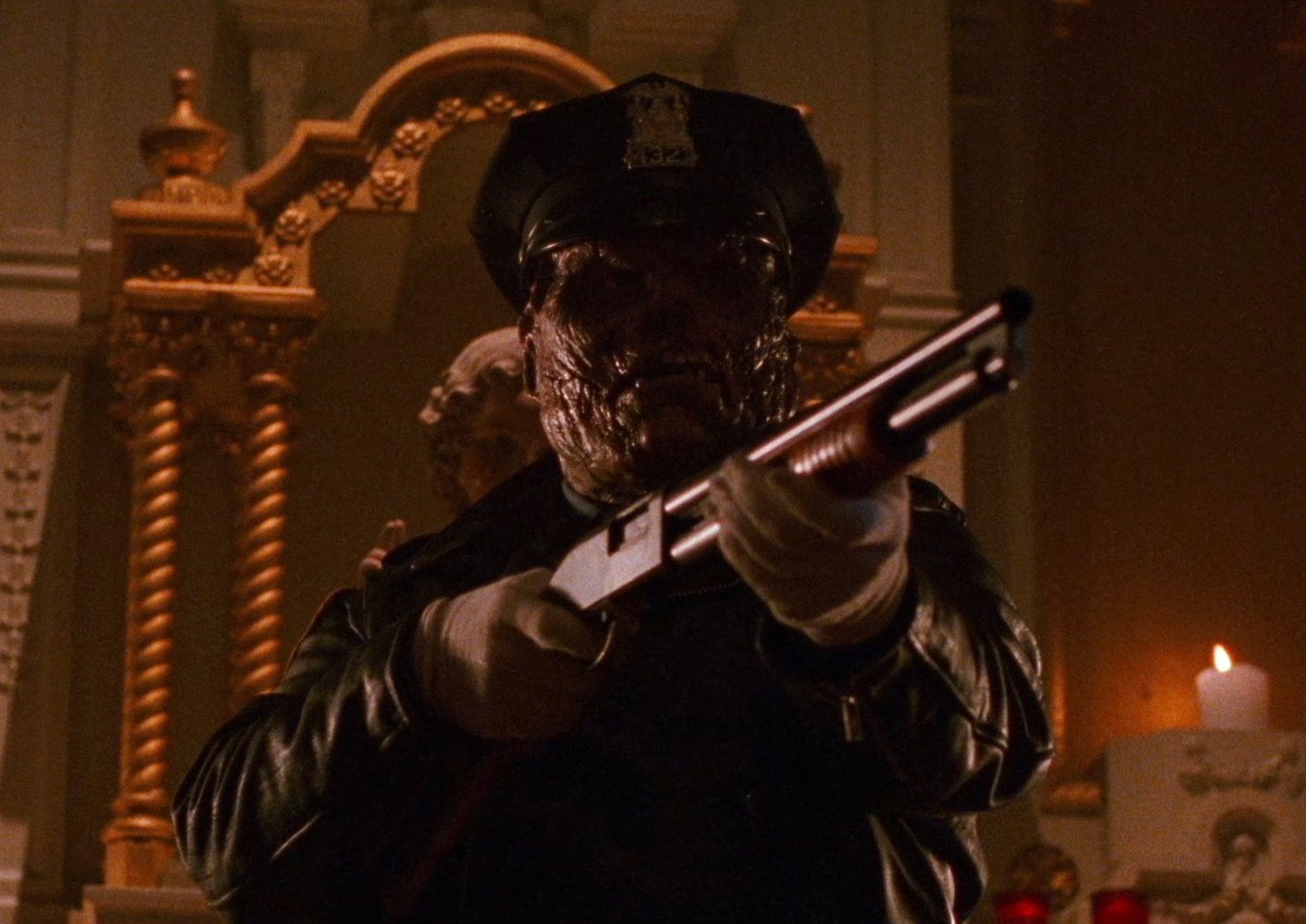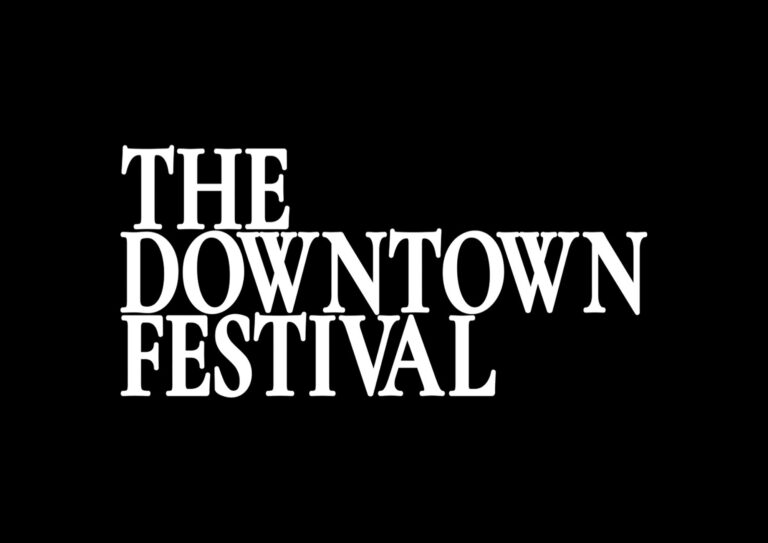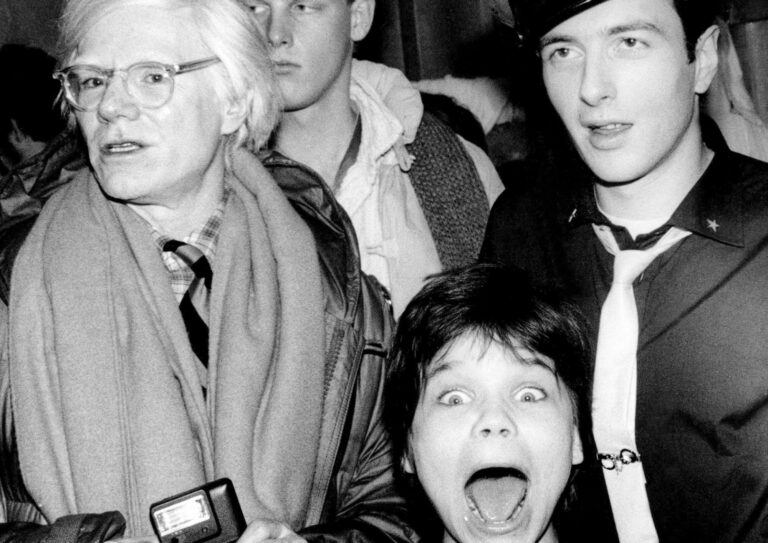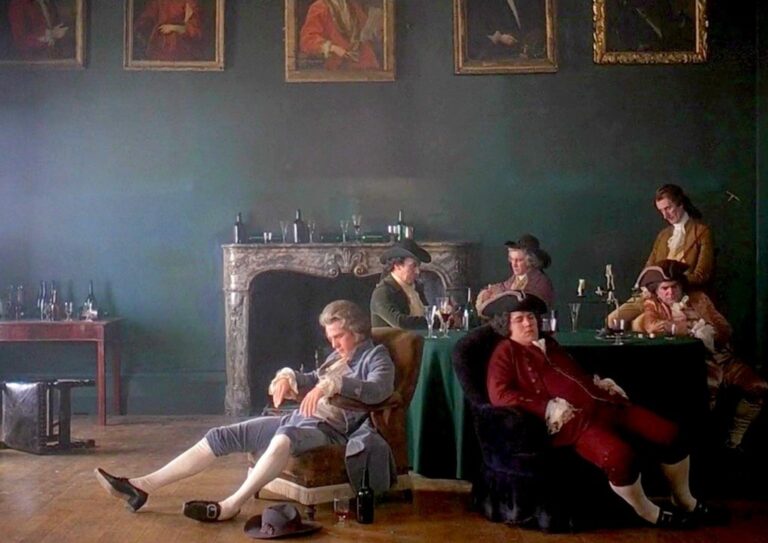The Strange Politics of the Maniac Cop Trilogy
By Josh Heaps
Contemporaneity bodes poorly for media portrayal of law enforcement: when the boys in blue are depicted on-screen, it is rarely in a positive light. However, this has not always been the case. The hard, but fundamentally good, detectives of 1940s noirs were reinvented within American New Wave films, whose own grey-scaled cop protagonists – led by Jimmy ‘Popeye’ Doyle of The French Connection (1971) – were soon challenged by the pro-police street justice junkies of Dirty Harry (1971); Death Wish (1974), and Red Dawn (1984).
A trilogy of low-budget police thrillers from the late 1980s and early ‘90s, however, encompasses the full scope of this century-long political taxonomy. Bill Lustig’s Maniac Cop series presents a bizarre, comprehensive, and uniquely unfettered range of politics, from far left to reactionary. Combining the gritty horror aesthetic of his breakout Maniac (1980) with the popular ‘cop’ movies of the period – Beverly Hills Cop (1984); Robocop (1987); etc. – Lustig’s first Maniac Cop (1988) follows a heroic police officer (Bruce Campbell of Evil Dead fame) taking down the film’s titular villain (Robert Z’Dar): a corrupt precinct captain seeking revenge on those who put him in jail. Unabashedly critical of law enforcement, Maniac Cop’s doofus protagonist searches the streets of New York for a largely unseen killer whose quiet anonymity gestures, not only towards the infamous ‘blue wall of silence,’ but also towards every cop’s capacity for violence.
Maniac Cop II (1990) – as with most slasher sequels – expands upon its eponymous villain’s backstory. Where Matt ‘Maniac Cop’ Cordell was, in the first film, a violent thug, its sequel repositions him as a heroic officer framed by his crooked higher ups. An unlikely story of redemption ensues, as it is realized that the only way to stop Cordell is to re-open his case and give him a fair trial. Summed up by the film’s final line – “justice is the only difference between a cop and a maniac cop” – Maniac Cop II takes a step back from the leftist view of its preceding film. Clearly, the only way to stop a bad guy with a gun, is a good guy with a gun.
Maniac Cop III: Badge of Silence (1992) further skews the errant politics of the previous two films, due in no small part to its thorny production. Though boasting the series’ wildest stunts, kills, and cast yet – Robert Forster; Ted Raimi; and Paul Gleason, to name a few – Lustig and Cohen walked away from the project after a series of mishaps (beginning with its Japanese distributors rejecting the idea for a black detective protagonist). Director-less, Maniac Cop III was officially credited to filmmaker Alan Smithee, the unofficial pseudonym given to orphan films like The Birds II: Land’s End (1994) and Hellraiser: Bloodline (1996).
Such a shaky lineage perhaps explains MCIII’s confused plot, in which the wonderfully pockmarked detective Sean McKinney (Robert Davi, reprising his role from Maniac Cop II) must once again take down Cordell, who – after being resurrected by a voodoo priest – has fallen in love with McKinney’s trigger-happy protégé (Gretchen Becker). McKinney – a chain-smoking Bogart-esque hardass – may be the film’s subject, however each of MCIII’s characters – cops; doctors; lawyers; and journalists – prove equally repugnant.
The direct-to-video film presents a nihilism missing from its predecessors: cops killing cops; cops killing civilians; civilians killing cops; and one particularly distasteful Rodney King joke. It is perhaps due to its schizophrenic politics that Maniac Cop III is the wildest and most entertaining of Lustig’s trilogy. The film’s recycled shots and clear Friday the 13th influence imbues its cynicism with a camp sensibility bolstered by expert baton spins; evil chicken feet; and a pill-popping Jackie Earle Haley. Recently recognized by its absentee-father Lustig, and in talks for a television reboot directed by Nicholas Winding Refn, Maniac Cop III is ready for duty.
Words by Josh Heaps
Director William Lustig will present Maniac Cop III at Roxy Cinema on Thursday June 15th at 7 PM. It’s one of the most wild and entertaining Lustig films to date! He’ll also join for a Q&A following the film. Buy Tickets HERE>>.




